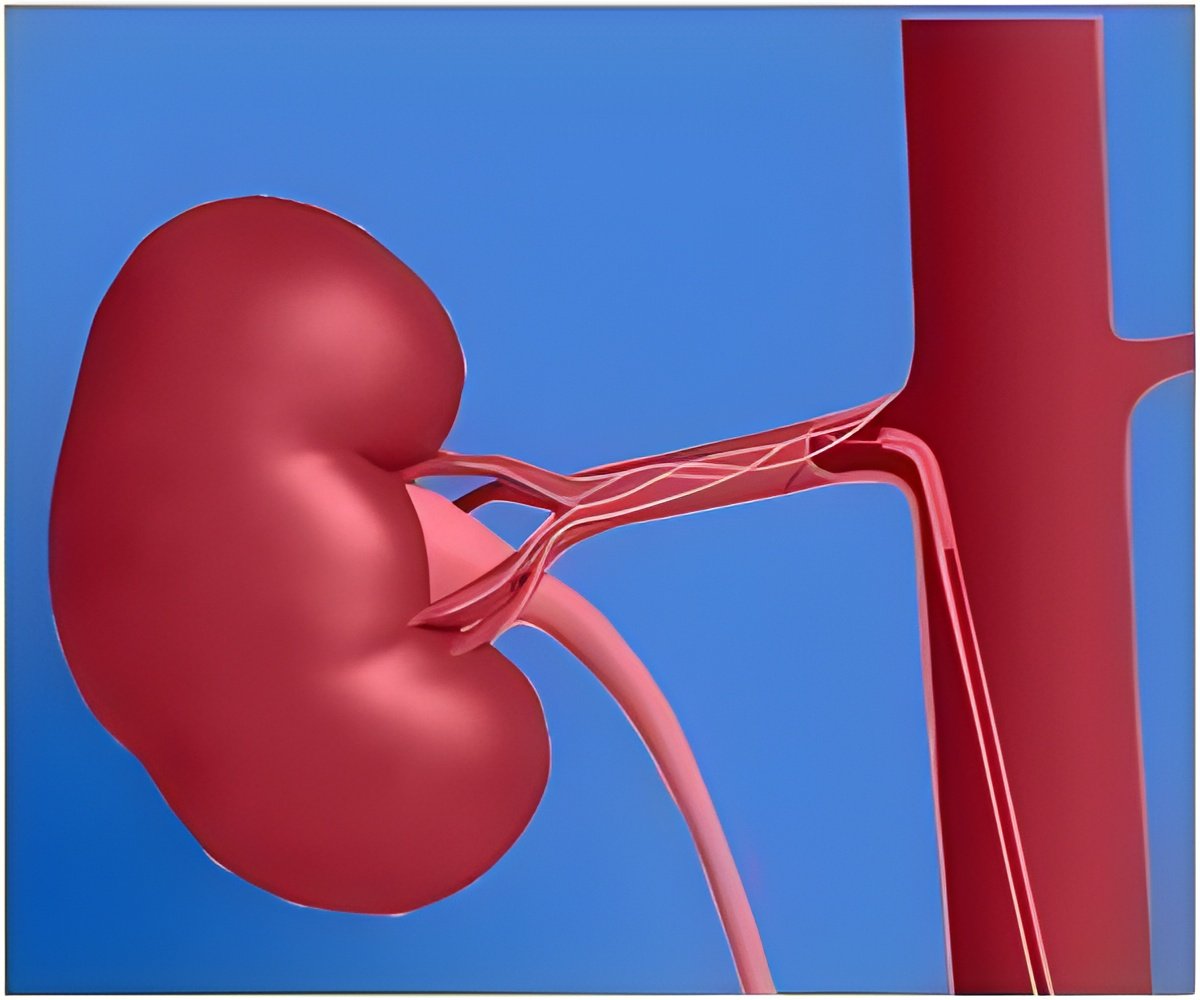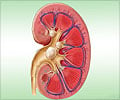A study appearing in an upcoming issue of the Clinical Journal of the American Society Nephrology (CJASN) says that many patients on dialysis may not understand medical information

Patients with limited health literacy-the ability to obtain, process, and understand health information in order to make appropriate health decisions-may not fully understand written medical information, may not be able to communicate effectively with healthcare providers, or navigate the increasingly complex healthcare system. Studies suggest that limited health literacy may negatively affect patients'' wellbeing and increase healthcare costs.
Health literacy is particularly important for kidney patients undergoing dialysis. They must attend treatment sessions several days a week, follow dietary and fluid restrictions, and adhere to complex medication regimens, all of which require patients to understand and act on complicated health-related information. Jamie Green, MD (University of Pittsburgh) and her colleagues tested 260 patients on long-term dialysis with a tool that assesses one''s ability to read common medical words and lay terms for body parts and illnesses.
The investigators found that 16% of the patients on dialysis (41 of the 260 patients) had limited health literacy. There are currently more than 350,000 patients in the United States on dialysis, so this represents a significant number of individuals who could benefit from being better able to understand and manage their kidney health. While limited health literacy was present in all subgroups of patients, those with lower educational levels, African Americans, and veterans were less likely to effectively obtain and process relevant health information.
Patients with less than a high school education exhibited more than a 12-fold increased risk of low health literacy, and African Americans and veterans had more than a 3-fold increased risk of having limited health literacy. The researchers are currently following these individuals to determine if limited health literacy affects how patients adhere to dialysis treatment, whether they undergo kidney transplantation, and whether they die prematurely.
"We anticipate our findings will increase awareness of the importance of health literacy in patients with kidney disease, stimulate providers to consider literacy when communicating with patients, and lead to future studies to address limitations in health literacy," said Green.
Study co-authors include Maria Mor, PhD, Mary Ann Sevick, Paul Palevsky, MD, Michael Fine, MD, Steven Weisbord, MD (VA Pittsburgh Healthcare System and University of Pittsburgh); Anne Marie Shields (VA Pittsburgh Healthcare System); and Robert Arnold, MD (University of Pittsburgh).
Disclosures: The authors reported no financial disclosures. The study was funded by a grant from the Department of Veterans Affairs Health Research and Development Service. Dr. Green is supported by a grant from the American Kidney Fund Clinical Scientist in Nephrology Program.
Advertisement
The content of this article does not reflect the views or opinions of The American Society of Nephrology (ASN). Responsibility for the information and views expressed therein lies entirely with the author(s). ASN does not offer medical advice. All content in ASN publications is for informational purposes only, and is not intended to cover all possible uses, directions, precautions, drug interactions, or adverse effects. This content should not be used during a medical emergency or for the diagnosis or treatment of any medical condition. Please consult your doctor or other qualified health care provider if you have any questions about a medical condition, or before taking any drug, changing your diet or commencing or discontinuing any course of treatment. Do not ignore or delay obtaining professional medical advice because of information accessed through ASN. Call 911 or your doctor for all medical emergencies.
Advertisement
Source-Newswise











